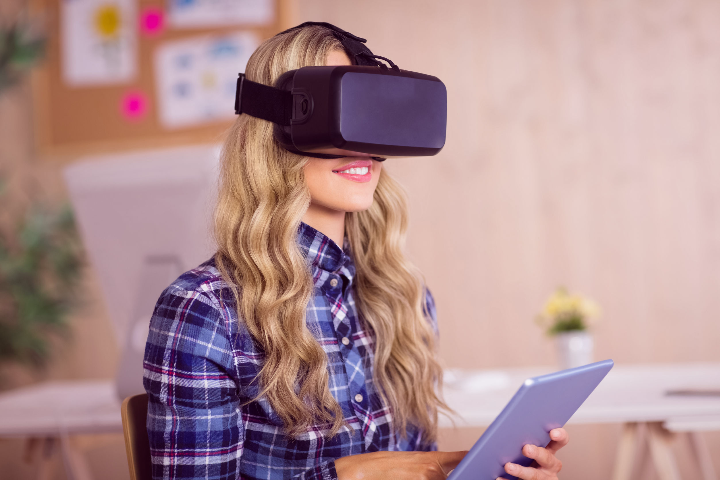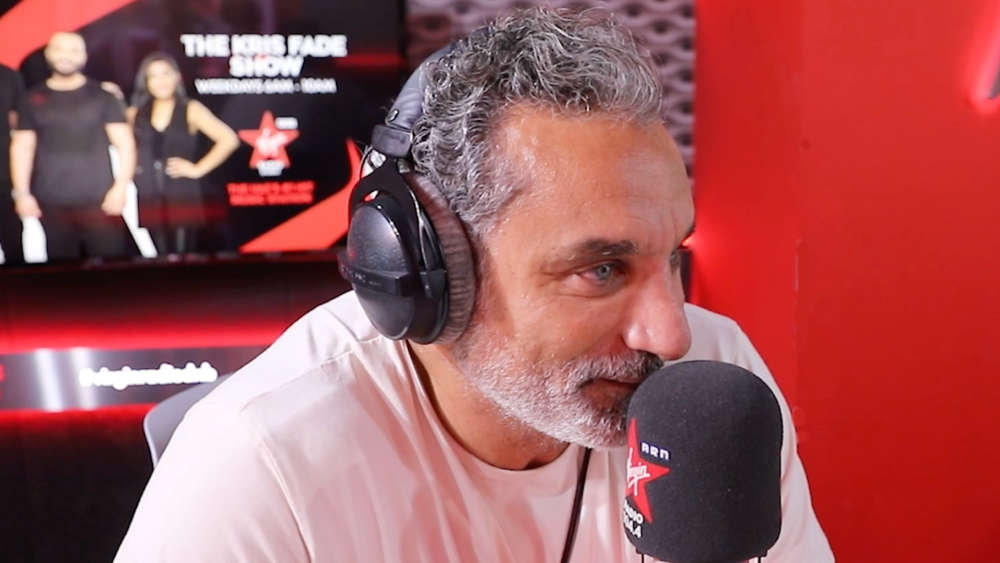
The first Oculus Rift virtual reality headsets began shipping on Monday, three and a half years after it was first launched as a Kickstarter project and two years after Facebook bought the company for $2 billion. The launch ushers in the official beginning of a new era of virtual reality, which even the most enthusiastic acolytes recognize isn’t going to change the world overnight. Professional technology reviews have been mostly positive. The most effusive have proclaimed it is the best new device since the iPhone. Adi Robertson of the Verge calls the first version of the Oculus a “solid foundation for what’s to come.” Setting up the headset is a significantly bigger task than flipping on a new smartphone, though, and games can take a long time to download, wrote Brian X. Chen in the New York Times. Headsets continue to cause problems with nausea for some users, even though the companies making them have been insisting they’re on the precipice of solving this issue for the past few years. Oculus recently announced a new feature in its latest software for developers intended to reduce motion sickness. As it stands, people who use virtual reality report a range of sensitivity to the uncomfortable physical effects of the technology. All this means that virtual reality is likely to remain a pastime of hard-core gamers and early adopters. Oculus is a $600 headset that requires a powerful computer to run, bringing the total price into at least the $1,500 range. About 30 games are available for the device, which can also be used to view 360- degree videos and photographs. Analysts think that Oculus’s impact on Facebook’s business this year will fall somewhere between a rounding error and a nonevent. Several competing devices are expected to arrive later this year. The Vive, a headset made by HTC and Valve, will begin shipping next month and is designed to be worn while standing up and walking around. Sony says it will begin selling its Playstation VR headset in October. The Sony device is significantly cheaper than its competitors and works with a gaming console instead of a high-end PC. These devices join even cheaper virtual reality headsets such as Google Cardboard and Samsung Gear VR, which use smartphones as screens to give less sophisticated experiences. Now that Oculus is officially out there in the world, the task of figuring out exactly what this technology is good for can begin in earnest. (By Joshua Brustein/Bloomberg)



 UK's Jaguar Land Rover to halt US shipments over tariffs
UK's Jaguar Land Rover to halt US shipments over tariffs
 US starts collecting Trump's new 10% tariff
US starts collecting Trump's new 10% tariff
 Nasdaq set to confirm bear market as Trump tariffs trigger recession fears
Nasdaq set to confirm bear market as Trump tariffs trigger recession fears
 Dana Gas and Crescent Petroleum exceed 500M boe in Khor Mor field
Dana Gas and Crescent Petroleum exceed 500M boe in Khor Mor field




